Humanize Your Brand
Discover Your StoryROHANPOTDAR Creative Media
At our boutique brand storytelling company, we know that every brand has a unique story to tell. Our mission is to help you uncover that story and to tell it to your audience in a way that creates a lasting emotional connection.
Storytelling is more than just a piece of content – it’s a powerful tool that has the ability to touch hearts, change minds, and inspire action. It has the power to humanize your brand.
We founded this company in 2016. Our team of experienced creatives are passionate about bringing brands to life through captivating narratives, and we understand that each stakeholder experiences your brand in their own way. That’s why we take the time to understand your brand and your audience so that we can craft stories that resonate deeply and drive results.

Subscribe To Our Linkedin NewsLetter
Types of Brand Storytelling we do
Product Brand
Stories that help to establish the right brand association in the minds of your TG for your product or service offering.
Corporate Brand
Stories that help to build and enhance your corporate reputation.
Employer Brand
Stories that help to make your employer brand relatable and attractive to your current and potential employees.
Our 7-step Storytelling Methodology

Business Outcome Connector

Primary Target Audience (PTA)

Emotion Audit

Brand Value Correspondence

Broad Narrative Building

Storytelling Components

Filmography
Our Services
Story Discovery
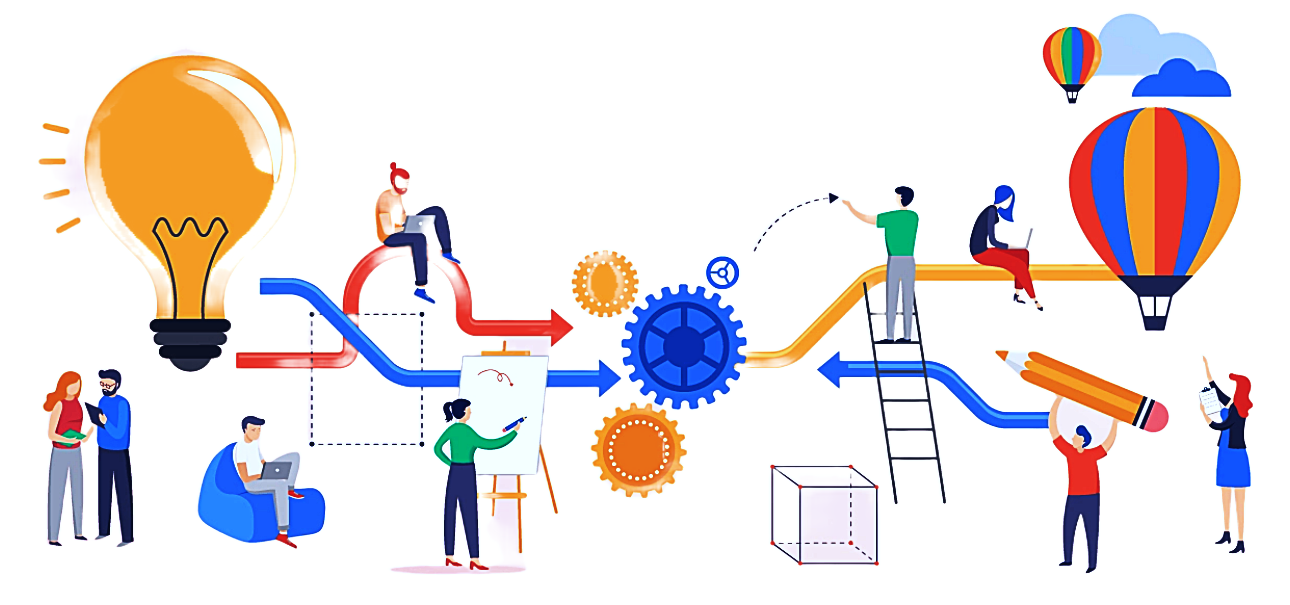
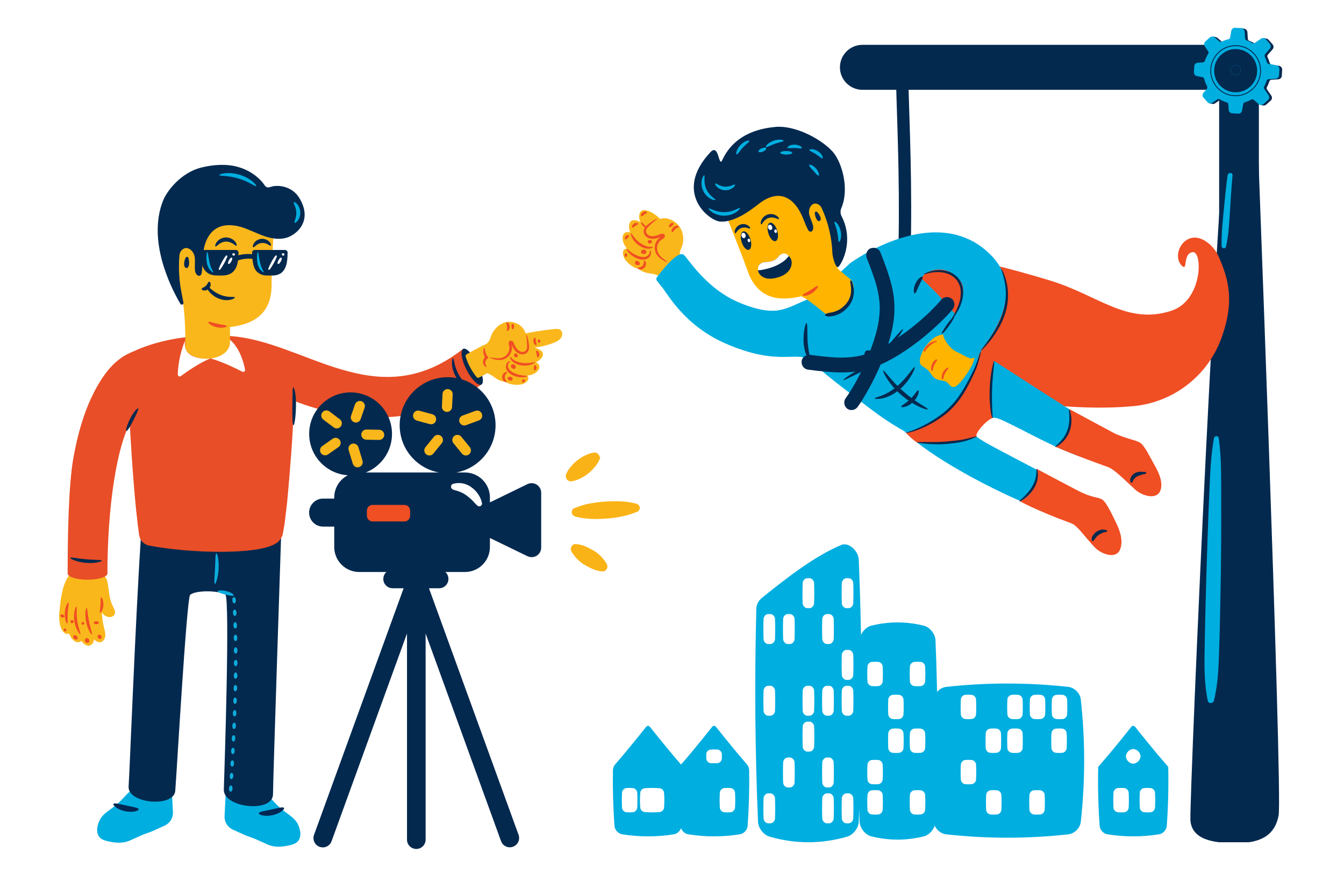
Story Production
We use our team of creatives to bring these stories to life through the professional production workflow.
Telling real stories is the best way to build a brand
– Rohan Potdar
Brand storyteller to brands that care

Brand Storytelling Ideation Camp
A collaborative workshop for Brand teams to conceive, curate & create storytelling ideas for their product or corporate brand.
- Develop Ideal Customer Profiles (ICPs)
- Emotion audit of ICPs on the lines of the Universal Life Truth Model
- Identify brand narratives and 5 storytelling components
- Determine effectiveness parameters
Experiential Storytelling Dive Camp
- Develop target Ideal Employee Personas (IEPs)
- Identify storytelling moments in current HR processes
- Build narrative & set up effectiveness parameters
- Role playing with actual stakeholders
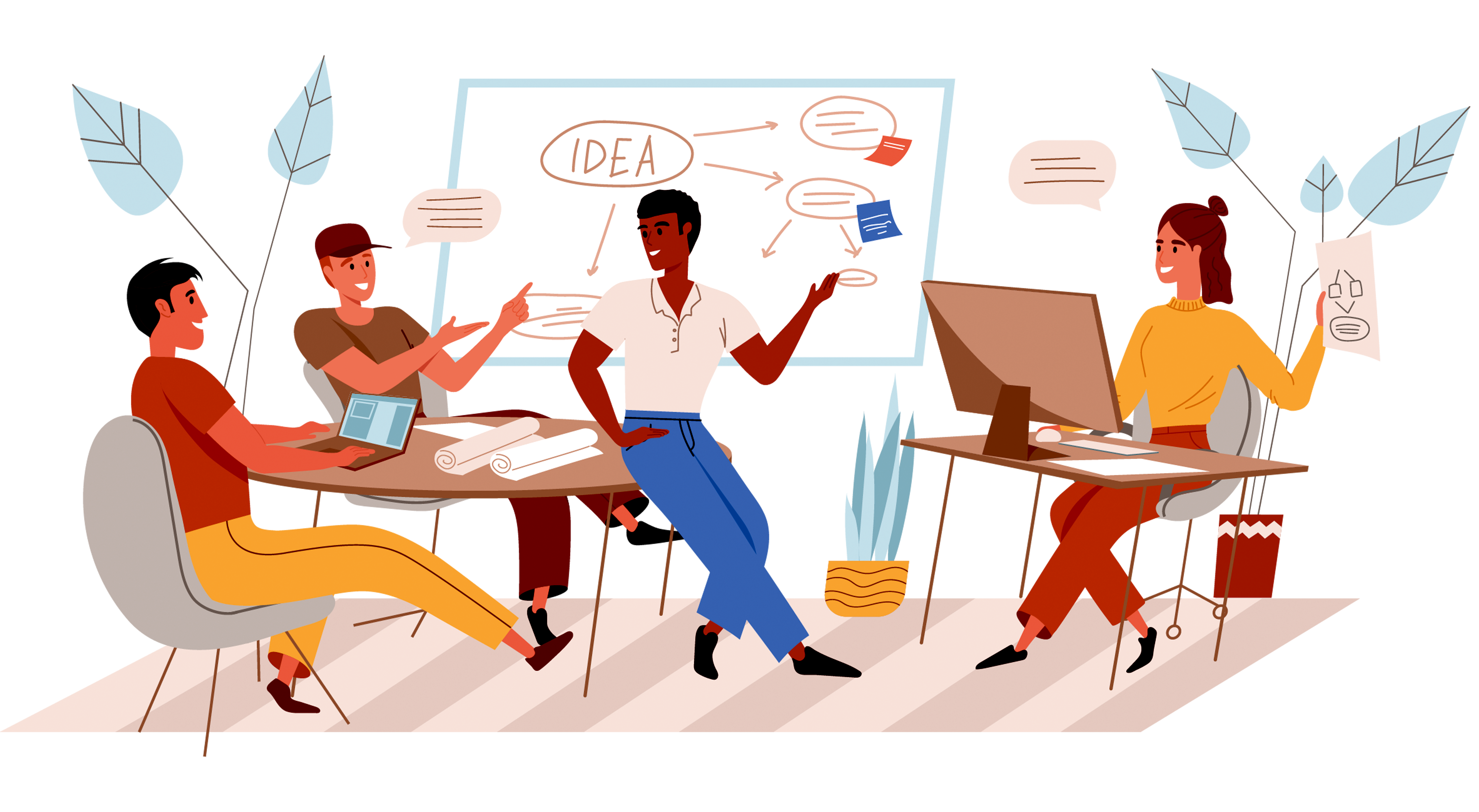
Our Team

Rohan Potdar

Mandar Chitnavis
Principal Consultant – Creative Strategy & Innovation
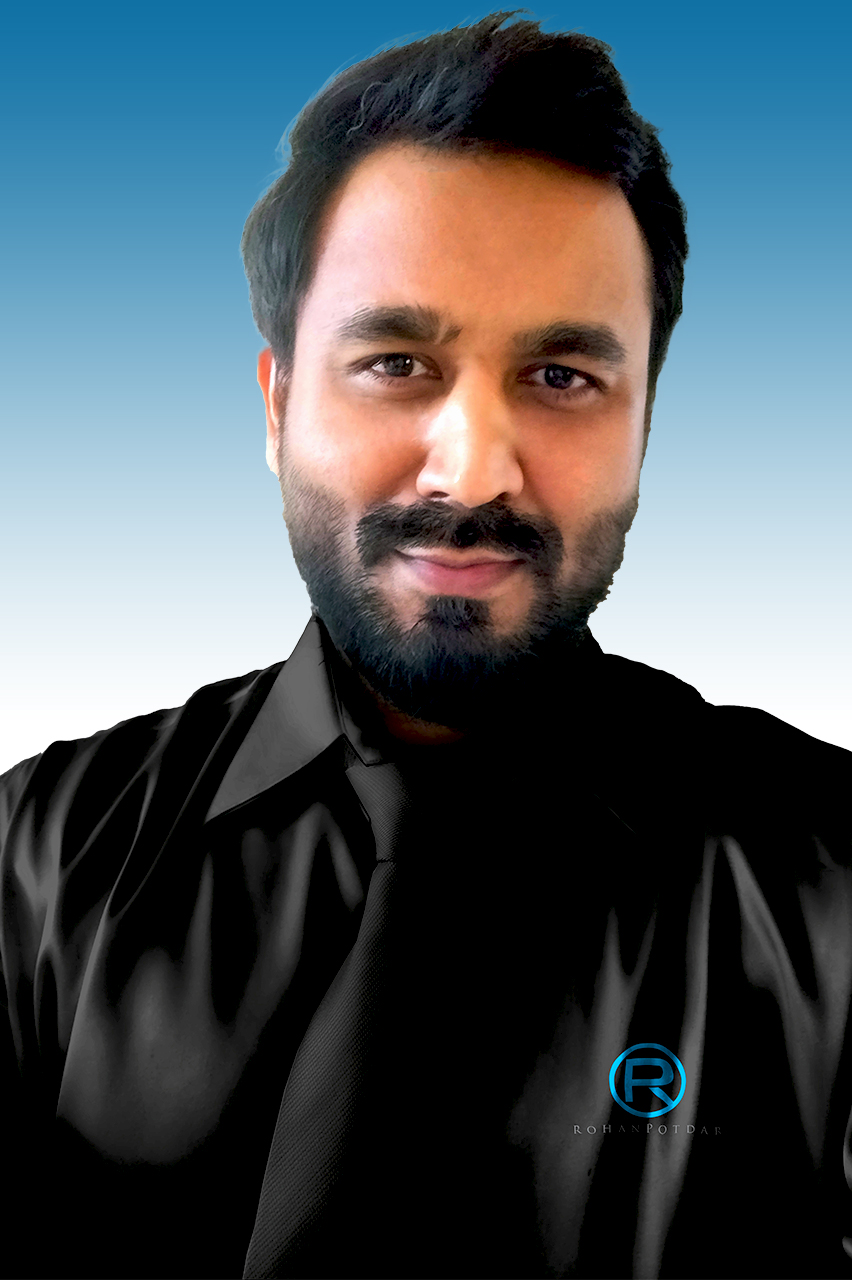
Akash Gahalaut

Aishwary Goyal

Ravi Mishra
Why Choose Us.
We are not focused on one single industry and this allows us to cross-pollinate ideas. We deal with EMOTIONS, not technology, processes or analytics.
We make our stories in the most engaging digital formats there are- cinematic nonfiction short films, journalistic-style photography, episodic podcasts, illustrations & caricatures and blog posts.
We also make your team better storytellers themselves through curated storytelling workshops.
Proudly Associated With







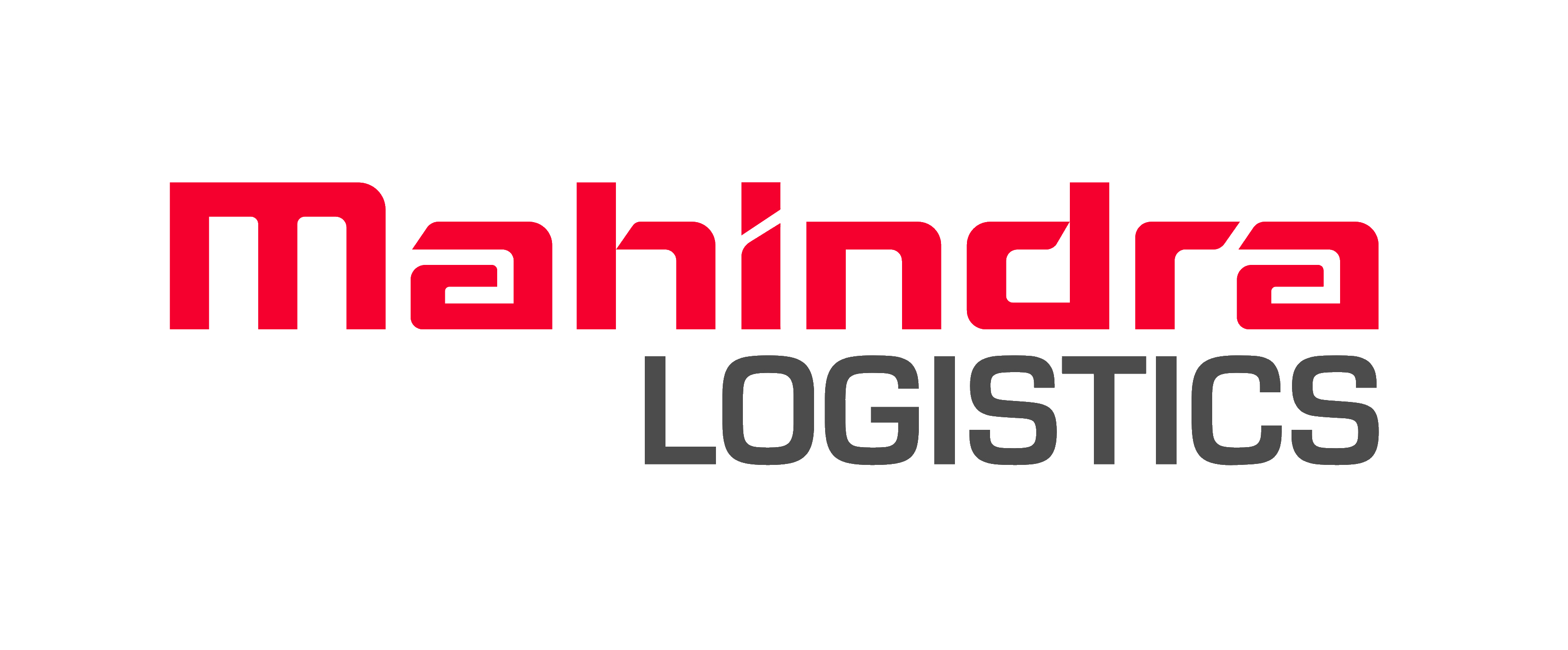
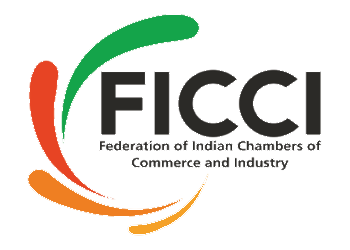


Let’s Discover Your Brand Story
Contact us!
ROHANPOTDAR Creative Media LLP.
Mumbai India
Made With Love By The Digital Doyen
Copyright @ 2023
